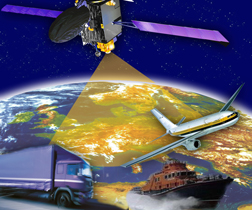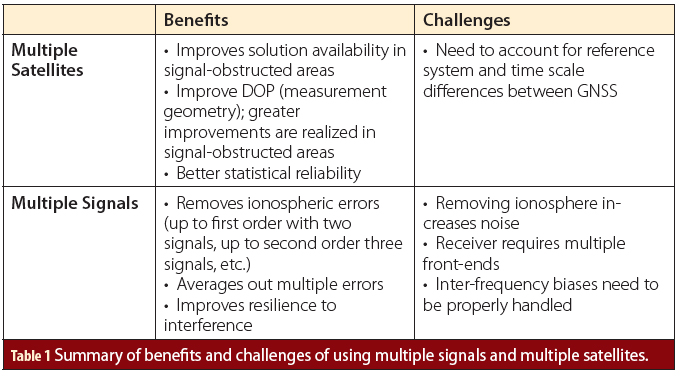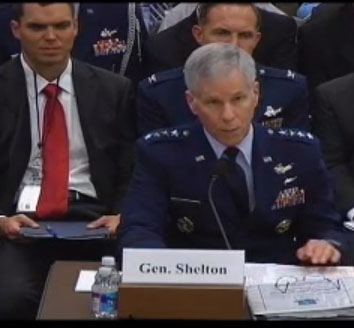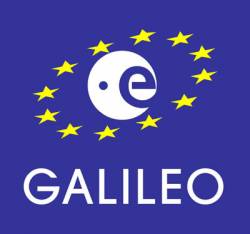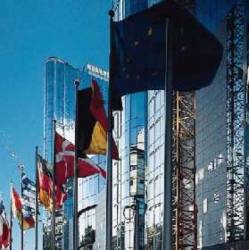
A proposal before the European Parliament’s Industry Committee would abolish the European GNSS Supervisory Authority (GSA), turn responsibility for ensuring the Galileo system’s security requirements over to a new Committee on European GNSS Programs, and establish an Interinstitutional Monitoring Group (IMG) consisting of representatives of the parliament, the European Council’s Presidency, and the European Commission (EC).
A proposal before the European Parliament’s Industry Committee would abolish the European GNSS Supervisory Authority (GSA), turn responsibility for ensuring the Galileo system’s security requirements over to a new Committee on European GNSS Programs, and establish an Interinstitutional Monitoring Group (IMG) consisting of representatives of the parliament, the European Council’s Presidency, and the European Commission (EC).
The proposed actions amending the EC’s draft regulation for deployment and commercial operation of Galileo were tentatively approved at a January 30 committee meeting. A final vote on the regulation as a whole was postponed to a meeting on February 18 in Strasbourg, France.
The Industry Committee opted for abolishing the European GNSS Supervisory Authority (GSA), which was originally set up as the licensing authority for the private undertaking within the then-planned public private partnership or PPP. The EC’s regulation would continue the GSA under the direction of the EC’s Directorate-General on Transport and Energy (DG-TREN), with responsibility for security measures, market development, and general assistance to the commission in Galileo matters.
If the committee approves an amended version of the regulation on February 18, that should create an interesting situation at the opening session of the Munich Satellite Navigation Summit where the parliament’s Galileo rapporteur Etelka Barsi-Pataky, GSA Executive Director Pedro Pedreira, and Paul Verhoef, director of GNSS Unit, DG-TREN, are members of a plenary panel. A parliamentary vote on the regulation is currently scheduled for March.
The EU will fund the Galileo program to the tune of €3.4 billion until the end of 2013. However, member States, third countries or international organizations could provide additional funding to the program, the Industry Committee suggested. In 2010 the EC should put forward a proposal on the public funds and commitments needed for the commercial operating phase over the next financial programming period starting in 2014 and for the period up to the end of the program, states the amended proposal.
Under the Industry Committee’s proposal, the EC would report to the IMG on a quarterly basis regarding the European Space Agency’s management of Galileo contracts, including decision-making process, procurement procedures, competition, and the relevant EU markets as well as on the physical progress made against the programs drawn up for the Galileo project and the associated financial implications.

